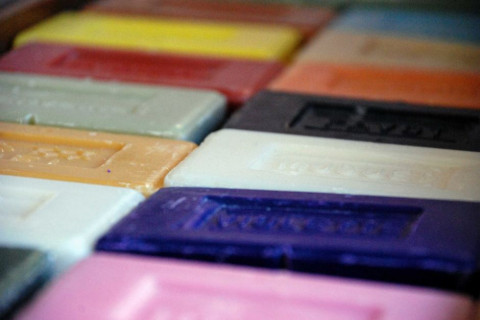
Three childcare workers have been stripped of their accreditation, with one convicted of assault, after a six-year-old child with autism was smacked and had soap put in their mouth as a form of punishment.
Kathleen Burton was charged with aggravated common assault after the incident on December 14 last year.
She pleaded guilty to a charge of aggravated common assault in the Joondalup Magistrates Court on February 28 and was fined $700, as well as being ordered to pay court costs of $100.
Two other childcare workers also had their accreditations cancelled for their role in the assault.
According to the Department of Communities, a second childcare worker, Tammie Bell, had her accreditation cancelled after she held the child while Burton put soap in their mouth.
Ms Bell was also aware the child had been earlier smacked and failed to report the incident to the regulatory authority.
A third childcare worker, Jessica Peters, also witnessed Ms Burton putting soap in the child's mouth.
Ms Peters was stripped of her accreditation after failing to intervene to prevent the incident and for not reporting it.
In a written statement provided in response to questions from the ABC, the department said there was no further investigation underway and it had "now dealt with the matter".
The department said the workers could apply to have their accreditation reinstated at a later date.
Call for improved childcare training
The Autism Association of WA condemned the behaviour of the women.
"There is absolutely no excuse for smacking, hitting a child, putting soap in their mouth, whether they're an autistic child or any other child," Autism WA CEO Joan McKenna-Kerr said.
Ms McKenna-Kerr said there needed to be improved training for childcare workers who worked with children who had autism.
"Kiddies with autism often process the world in a different way, and often have their behaviour misinterpreted," she said.
"Things that might appear naughty, it can often be the child's simple way of trying to communicate a need.
"I think support workers or people in a care setting need to understand how to make the environment as supportive to the child as possible."
While awareness of the needs required to care for children with autism was growing, Ms Mckenna-Kerr said there was still someway to go.
"It's certainly better then it was five years and better then it was 10 years ago. But is it as good as it could be? Probably not," she said.